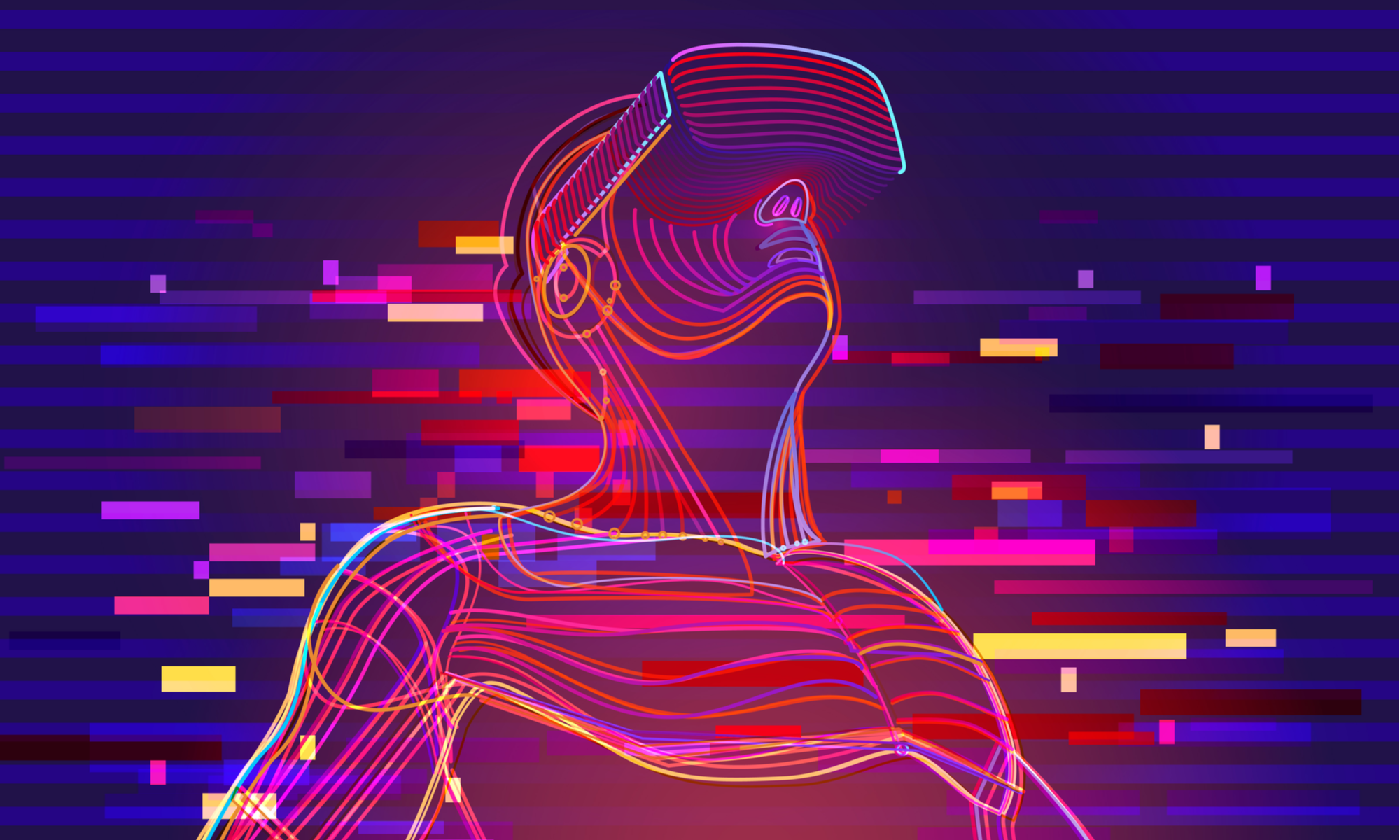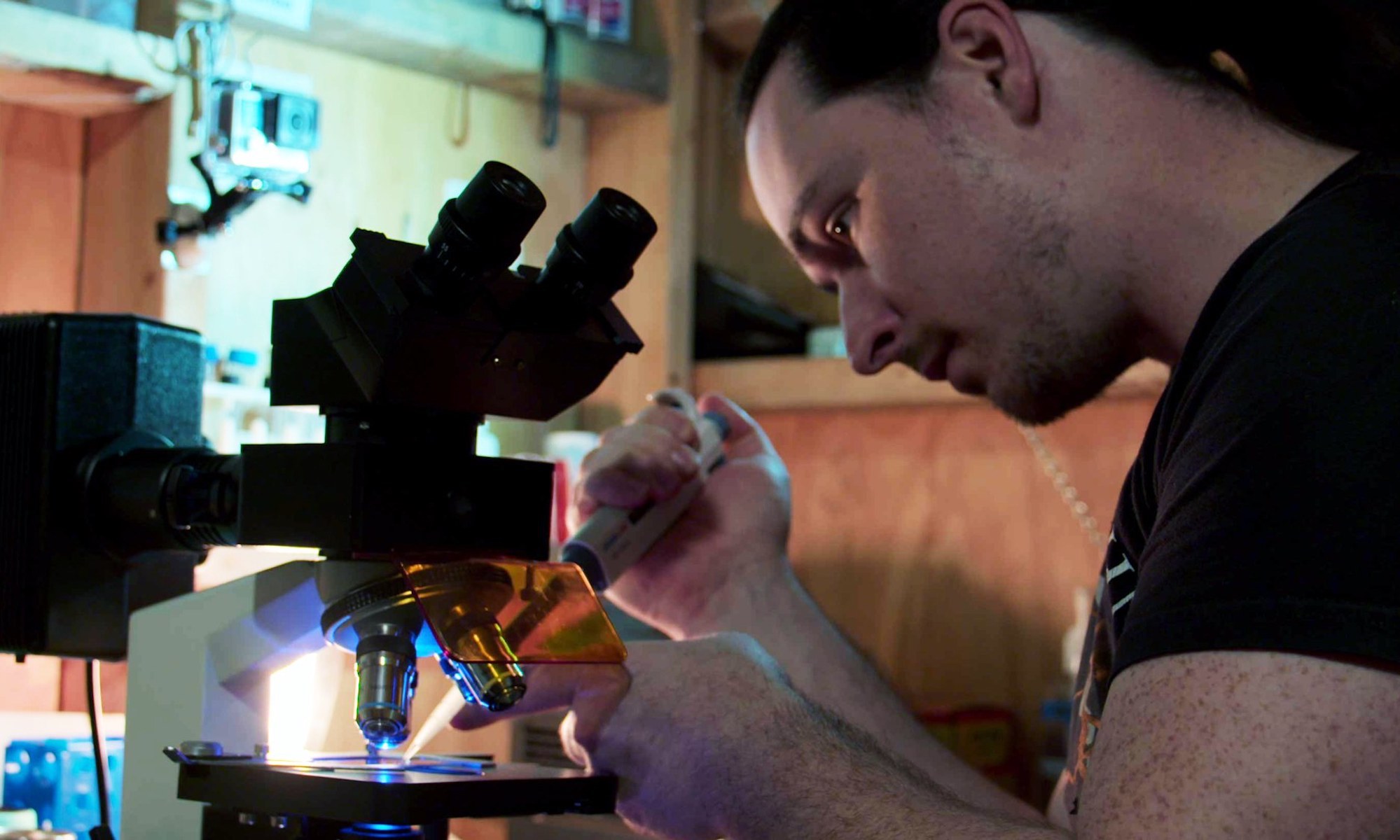genetics
A new hypothesis suggests that you can “catch” noncommunicable diseases from other people via the microbiome.
A punishment is handed down for performing shocking research on human embryos.
Man’s best friend indeed.
All this from a wad of gum?
A recent computer analysis found that millions of possible chemical compounds could be used to store genetic information. This begs the question — why DNA?
If laziness is written into our genes, why not embrace it?
Unnatural Selection and the thrilling, terrifying possibilities of genetic editing.
A single typo in the “dark matter” of the genome drives multiple types of cancer.
While the blockbuster franchise might have given us a distorted view of science’s capabilities to address species extinction, new research might come close to “resurrecting” lost species’ DNA.
Three scientist friends, working separately, share the prestigious prize.
The FDA calls out creators of genetically tweaked hornless bulls.
Experts are saying it’s a “huge step forward for synthetic biology.”
A transformational tool for the future of the world.
A team of Japanese researchers comes across a remarkably simple trick.
The question is no longer “can we” but “should we” edit human embryos.
These tests report on more than just your risk for cilantro aversion and your ice-cream flavor preference.
Do scientists know enough about gene editing to move forward with human trials?
The first human-monkey hybrid has allegedly been created in a Chinese lab.
Eric Weinstein says that we need to rethink the current scientific model to allow for more dreaming.
The loss of the Y chromosome could drive the formation of entirely new species.
Cancer’s sweet tooth. Turning cancer cells into fat. Unveiling genetic secrets. Scientists are learning about cancer every day.
Autism is a widely misunderstood condition surrounded by falsehoods, half-truths, and cultural assumptions.
Professor George Church creates a gene “wishlist” that can lead to superhuman abilities.
When it comes to lifelong conditions like autism spectrum disorder, we tend to be biased in a way that obscures reality.
Meet Deinococcus radioduranst, the world’s toughest bacteria.
A unique 3D model allows researchers to explore embryonic development.
Future cancer research may come from studying antler growth.
Stems cells have always been pretty amazing.
Are we witnessing evolution in real time?





























